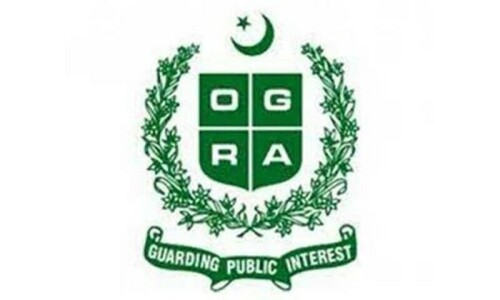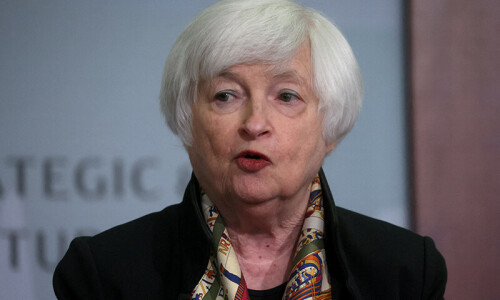DUBAI: Dubai is suddenly rediscovering its old habits. That means relentless hype and construction plans loaded with superlatives. Case in point: A proposed Taj Mahal replica four times bigger than the original.
Leaders, too, are back swaggering with a mojo that seems aimed to wipe away memories of the city's humbling fiscal collapse just three years ago. ''We do not anticipate the future,'' said Dubai's ruler Sheik Mohammad bin Rashid Al Maktoum in announcing plans for a new ''desertopolis'' that will bear his name. ''We build it.''
It all rings very familiar. The same type of super-charged ambition reshaped Dubai beginning in the 1990s and left an impressive legacy including the world's tallest skyscraper, a villa-studded island shaped like a palm, malls packed with top retailers and tourist and business networks that are the envy of the Middle East. But it also helped drive the emirate over the edge.
The global financial crisis smacked Dubai particularly hard after years of increasingly shaky construction funding schemes, where state-linked developers often used money collected for one unfinished project to start another. As credit dried up, the deeply indebted Dubai government had to scale back sharply just to meet its bills.
It took a $10 billion bailout from oil-rich neighbor Abu Dhabi in 2009 just to give it some breathing room to begin selling off assets and negotiating with creditors for billions more owed by the city-state.
Now with another generation of outsized projects on the drawing boards some are questioning whether the pre-bust creed of bigger-is-better still makes sense in a more cautious world.
The Great Recession pummeled the type of high-risk investors who would once sink money into a project that was still just a plot of sand and desert brush. But Dubai is still betting heavily on long-term appetite for the kind of self-contained, mega-scapes that were among the main casualties of its fiscal meltdown. The new wave of projects also marks an important shift for Dubai away from housing-oriented developments toward more entertainment and tourism, particularly with visitors from China sharply on the rise. The proposed Mohammad bin Rashid City named after Dubai's ruler includes a shopping complex that will surpass the world's largest, the Dubai Mall, just down the road. Nick Maclean, the managing director of property advisers CB Richard Ellis Middle East says the investment climate is on the rebound. Dubai's economy grew a healthy 4.1 percent for the first six months of 2012 compared with the same period last year, officials said Monday. But Maclean and others still cast wary eyes on frontier areas such as desert outskirts where many of the giant projects are planned.
''We tell developers that the time is not right for them to build speculatively because we see very limited demand,'' he said in an interview this month with Big Project Middle East, which follows major development initiatives in the region.
Consider the marketing push ahead for the proposed satellite city: 100 hotels, a theme park in collaboration with Universal Studios, a green space somewhere in size between London's Hyde Park and New York's Central Park, and the mother of all malls.
But there's no lack of confidence from its namesake. ''The current facilities available in Dubai need to be scaled up in line with the future ambitions of the city,'' said Dubai ruler Sheik Mohammad.
Another planned development literally just over the horizon delves even deeper into the Dubai's penchant for alternative realities such as an indoor ski slope or an archipelago shaped liked the world's continents.
The lavishly named Falconcity of Wonders was first unveiled during the height of Dubai's white-hot growth five years ago, but later fell victim to the financial crisis. It's now back on the agenda with ethnic-themed sections that include replicas of the Eiffel Tower, the Giza Pyramids and the leaning Tower of Pisa.
So far, the only significant outrage from abroad is over a proposed version of the Taj Mahal the ''Taj Arabia'' that's four times larger than the original in Agra south of New Delhi. ''It is patently wrong and absurd,'' a former Agra legislator, Satish Chandra Gupta, told Indian media.
The developers, however, predict it will be a major draw for wedding parties among Dubai's large Indian community and growing tourism from the subcontinent.
The Indian outreach doesn't end there. A Bollywood theme park is part of a $2.7 billion five-park complex announced by the office of Dubai's ruler. It also seems to be Sheik Mohammad's grand response to the fiscal nosedive that shutdown plans for several theme parks, leaving more than one colorful gateway-to-nowhere in the desert.
''Hubris,'' said Christopher Davidson, an expert on Gulf affairs at Britain's Durham University, referring to the blitz of new mega-projects.














































